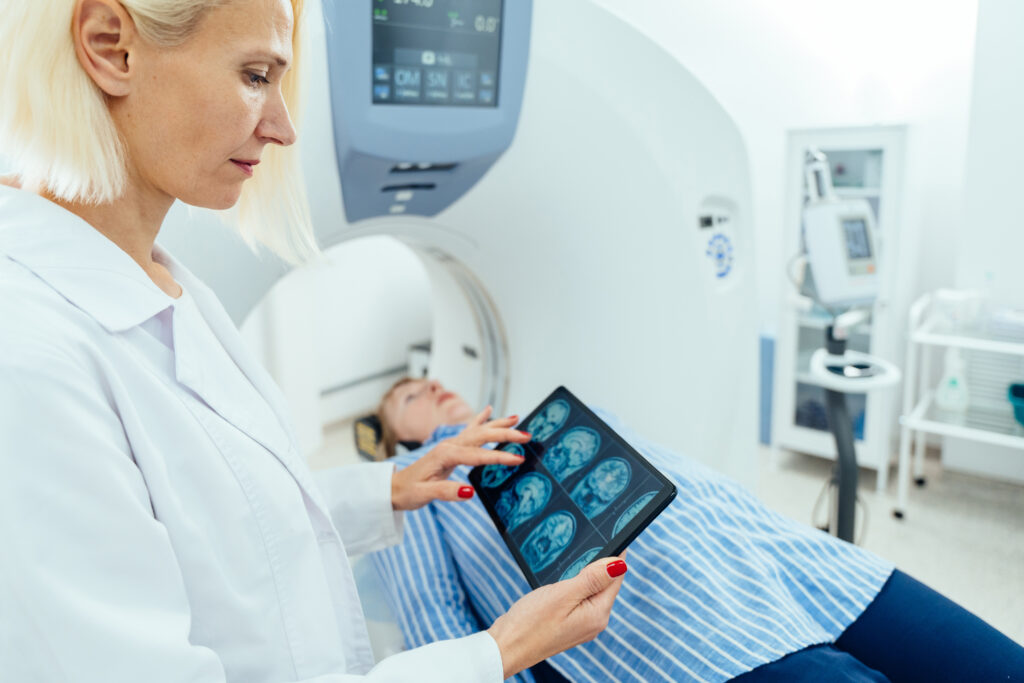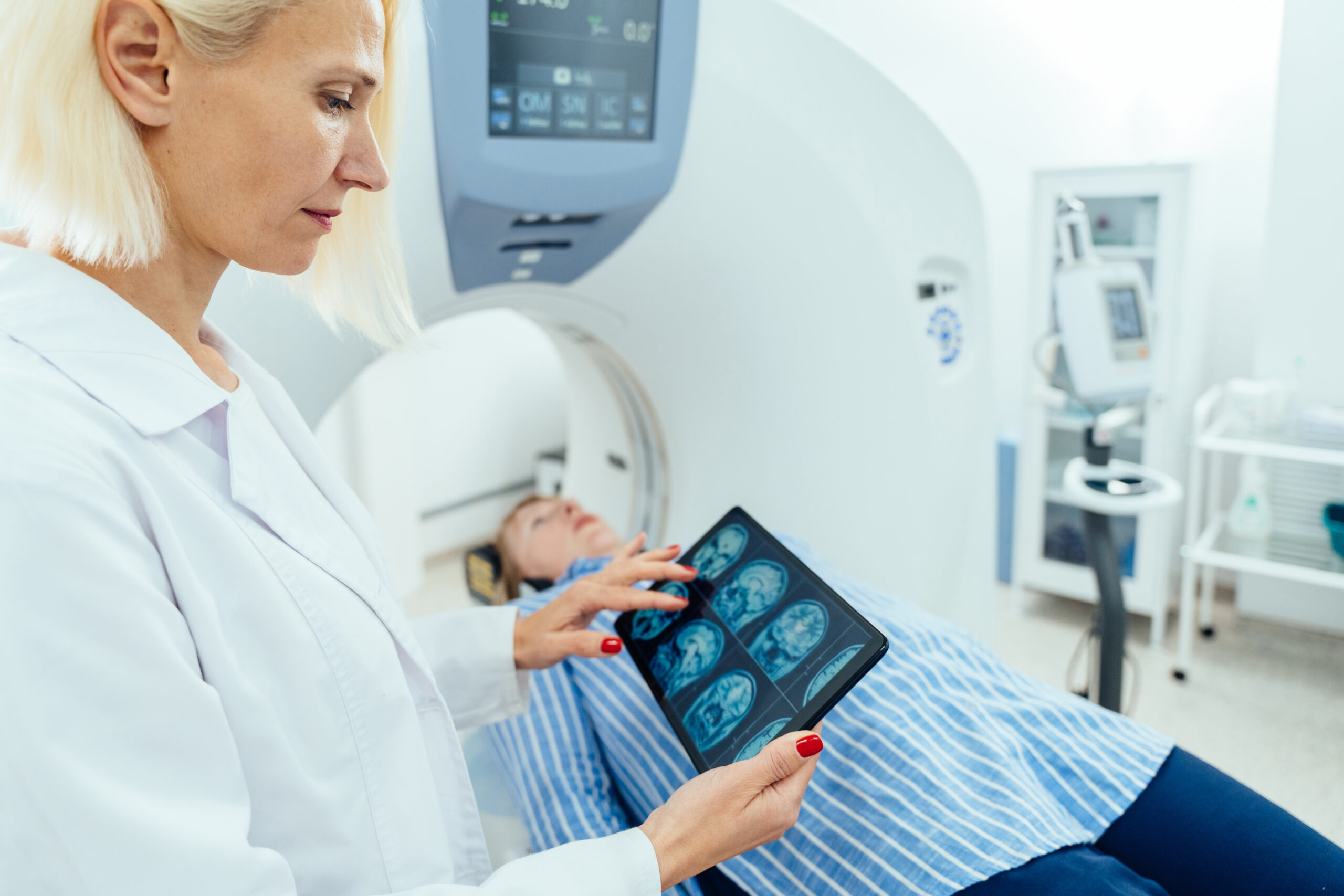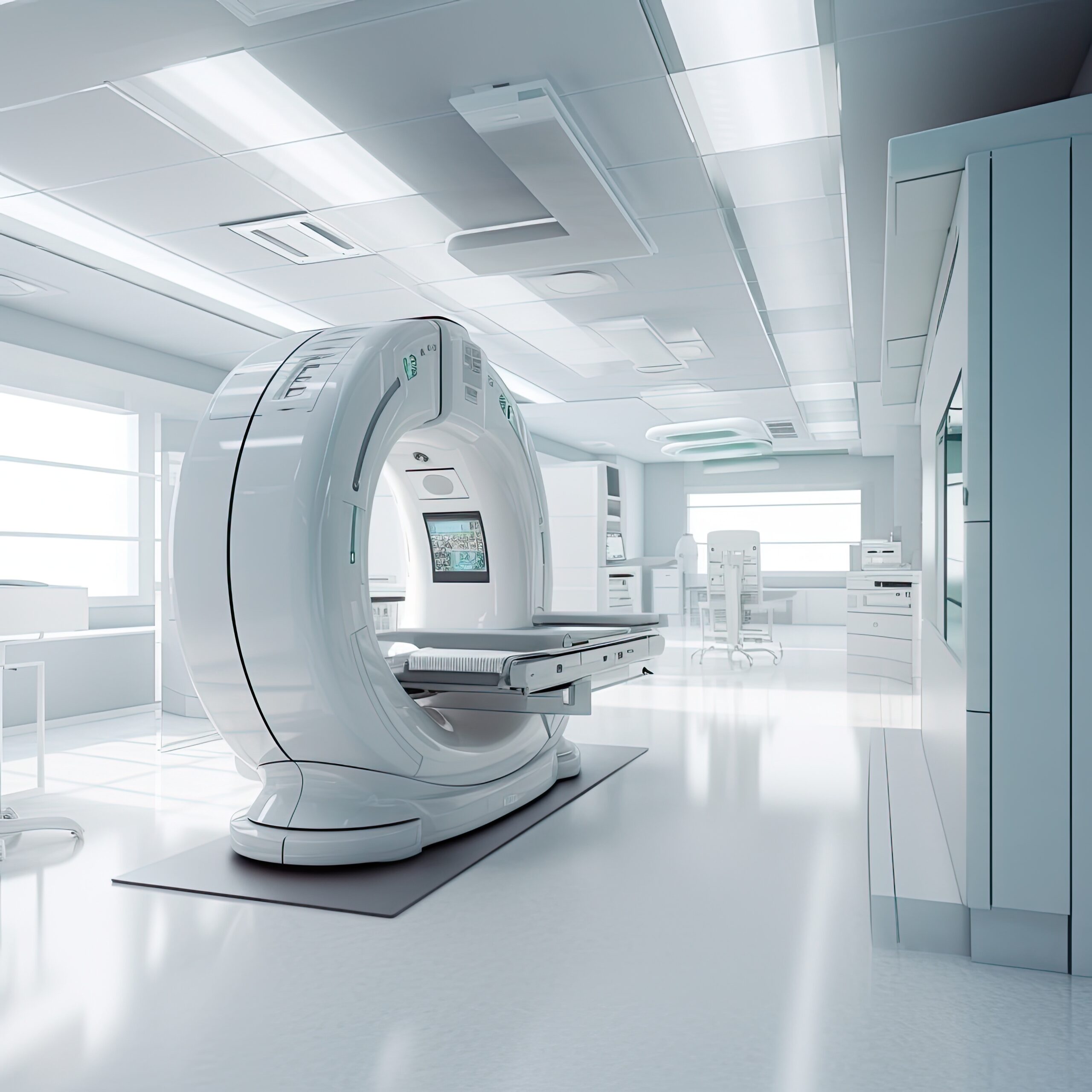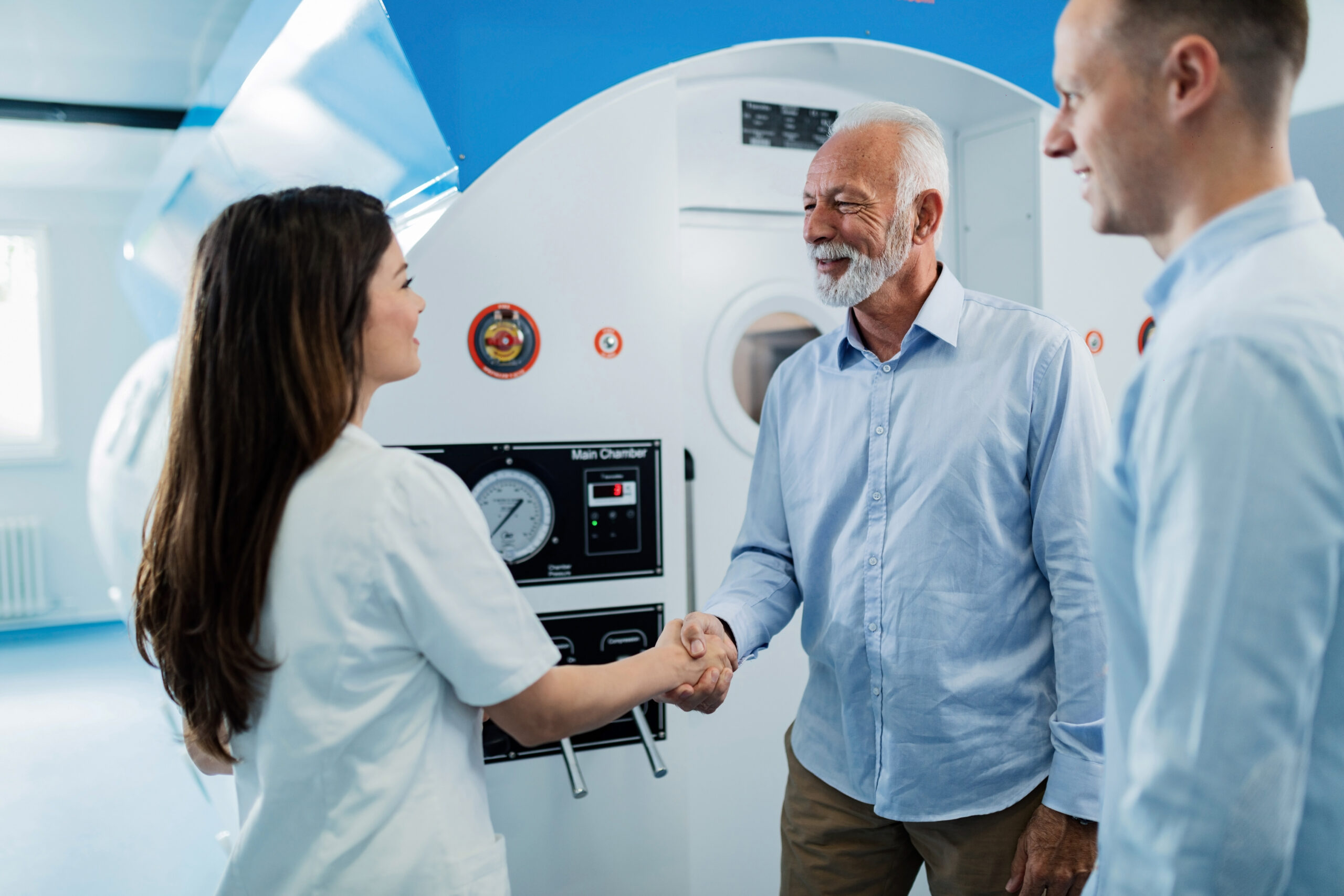How Advanced Imaging Techniques are Revolutionizing Cancer Diagnosis and Treatment
When it comes to cancer treatment, early detection, accurate diagnosis, and effective monitoring are key to improving patient outcomes. Advanced diagnostic imaging tools like PET/CT scans and MRI play a crucial role in identifying cancer, planning treatment strategies, and tracking progress during and after therapy. At PET/CT of Miami, we leverage the latest imaging technology to help patients and their healthcare providers make informed decisions that guide treatment and improve quality of life.
In this blog, we’ll explore the significant role of imaging in cancer diagnosis and treatment, how it guides therapy decisions, and why follow-up imaging is essential for managing cancer effectively.

Imaging for Diagnosis and Monitoring
One of the most important functions of diagnostic imaging in cancer care is its ability to detect and diagnose tumors at early stages. PET/CT scans combine the anatomical detail of CT with the functional imaging of PET, making it highly effective in locating tumors, assessing their size, and determining their metabolic activity. This combination allows physicians to identify cancerous growths even before they can be seen with other imaging methods.
Magnetic Resonance Imaging (MRI) is another powerful tool in diagnosing cancer. MRI is particularly useful in soft tissue cancers, such as those in the brain, spinal cord, breast, and pelvic region. Its high resolution provides detailed images that help doctors visualize tumor boundaries, which is essential for determining whether a tumor is benign or malignant.
In addition to detecting tumors, these imaging techniques are invaluable for monitoring the progress of treatment. Whether a patient is undergoing surgery, chemotherapy, or radiation therapy, PET/CT scans and MRI help assess how well the body is responding to treatment and whether any new areas of concern have emerged. This continuous monitoring ensures that healthcare providers can adjust the treatment plan as necessary, optimizing the chances of a successful outcome.
How Imaging Guides Treatment Decisions
Effective cancer treatment requires precise information about the location, size, and behavior of the tumor. PET/CT plays a vital role in providing this information. By detecting areas of increased metabolic activity, it can help pinpoint cancerous tissues that may not be visible with a standard CT scan or MRI alone. This is particularly important for cancers that are difficult to detect, such as lung, colorectal, or head and neck cancers.
For instance, if a PET/CT scan reveals that a tumor has spread to other areas of the body (a process known as metastasis), it can change the course of treatment. Doctors may recommend more aggressive treatments, such as chemotherapy, immunotherapy, or radiation therapy, to target these additional cancer sites. Conversely, if the imaging shows that the tumor has not spread, surgery or localized treatments may be sufficient.
MRI also contributes to treatment planning by providing detailed images of the tumor’s relationship to surrounding tissues and organs. This can guide surgeons in determining the best surgical approach and can help oncologists in devising radiation therapy protocols to avoid damaging healthy tissues.
Ultimately, the precise data provided by diagnostic imaging technologies allows for personalized treatment plans, which are tailored to the specific needs of the patient, increasing the likelihood of effective outcomes.
The Importance of Follow-Up Imaging
After initial cancer treatment, ongoing monitoring is critical to ensure that the cancer has been successfully treated and to detect any signs of recurrence. Follow-up imaging helps oncologists assess whether the tumor has shrunk, remained stable, or recurred. Regular PET/CT scans and MRI can detect small changes in the body before physical symptoms appear, providing the earliest possible warning signs of cancer’s return.
In cases where cancer has been eradicated, imaging is still necessary to confirm the absence of disease and to provide peace of mind to patients and their families. Follow-up imaging also plays an important role in evaluating the effectiveness of long-term treatment strategies, ensuring that they continue to support the patient’s health.
Furthermore, monitoring can help detect complications or secondary effects of cancer treatment, such as organ damage or tissue changes. This proactive approach to care helps healthcare providers adjust treatments or interventions as needed to improve long-term health outcomes.
Diagnostic imaging plays an indispensable role in the management of cancer
From early diagnosis to treatment planning and ongoing monitoring, these advanced imaging technologies ensure that patients receive the most effective and personalized care possible. By providing doctors with detailed, accurate images of the body, these tools empower healthcare providers to make informed decisions that guide treatment and enhance patient outcomes.
If you’re in Miami and need high-quality imaging for cancer diagnosis, treatment, or monitoring, PET/CT of Miami offers the latest technology and expert care to support your health journey. Our experienced team is here to help guide you every step of the way.
PET/CT of Miami: Schedule Your Appointment Online Today
At PET/CT of Miami, we are committed to providing our patients with the most advanced diagnostic imaging services available. Whether you’re seeking a PET/CT scan, MRI, or follow-up imaging, our state-of-the-art facility is equipped with the latest technology to help your healthcare provider deliver the best possible care.
Scheduling your appointment is easy! Visit our website today to book your consultation or to learn more about how we can assist in your cancer treatment journey. Your health is our priority, and we are here to help.




